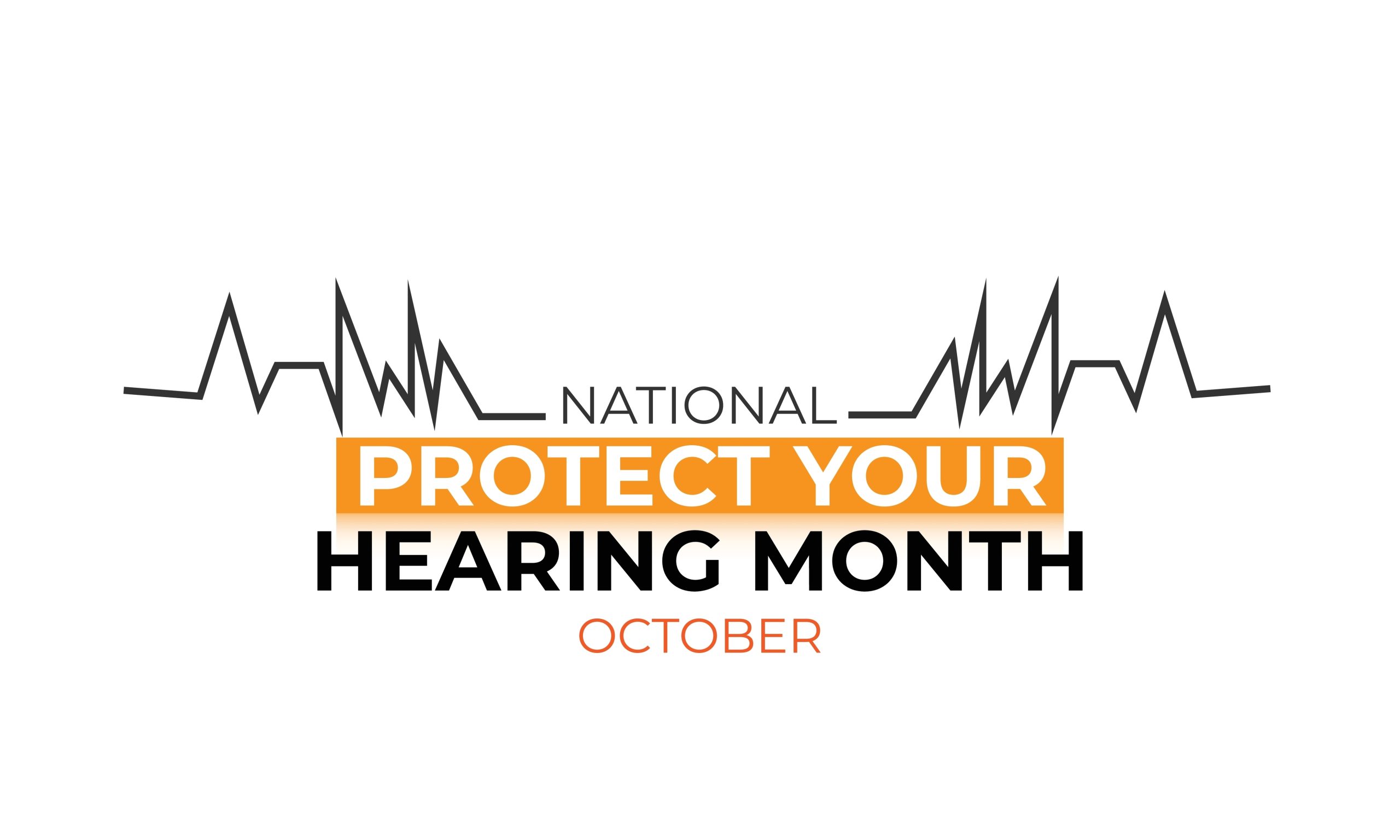
We are surrounded by noise in our everyday existence. Whether it’s gardening equipment, vehicles, or our own headphones, the auditory world has intensified. This escalation in noise can have a detrimental effect on your hearing if you’re not careful. As October marks National Protect Your Hearing Month, it serves as an ideal period to review how to keep safe this important sense.
8 key suggestions to protect your hearing
Luckily, some effortless measures exist that allow you to insulate your hearing from common environmental sounds. We present eight crucial pieces of advice to keep your hearing safe.
1. Become familiar with noise levels and their impact
The most important action for averting auditory damage is to determine when a sound level becomes excessive. Different sounds produce varying decibel (dB) levels, and long-term exposure can lead to permanent hearing loss. A fast look is below:
- Sounds like heavy traffic or lawn mowers (85–90 dB) can be tolerated safely for a maximum of 2 hours.
- 100 dB: Motorcycles, construction machinery – Hearing damage can occur in as little as 15 minutes.
- Instant damage is possible after merely a few seconds of exposure to noises over 110 dB, like explosions, gunshots, or fireworks.
A anticipatory mindset regarding noise levels enables you to keep away from environments that are detrimental for your hearing.
2. Determine sound levels yourself
Curious about how loud your environment really is? A smartphone makes checking sound levels easy. You can download various complimentary sound meter applications to monitor the noise in your vicinity. For the most precise results, ensure you measure the sound from your usual distance to the source.
Regular use of this monitoring tool can enhance your understanding of your surroundings, leading to smarter choices about hearing protection.
3. Keep the volume down on your devices
Listening to music or podcasts at high volumes is one of the most common ways people damage their hearing over time. Headphones and earbuds, while convenient, frequently carry unrecognized dangers. For example, many headphones can exceed 100 dB, leading to hearing loss in just 15 minutes.
Current data suggests that more than a billion young individuals face the threat of hearing impairment due to excessive earbud use. You should never set the volume on your earbuds higher than 50% of the maximum capacity if you want to safeguard your ears. If you find yourself turning the volume up just to be able to hear, it likely means some degree of hearing loss has already occurred.
4. Never try to use music to drown out loud noise
When situated in a noisy environment or residing in a loud neighborhood, you may be tempted to use headphones to cancel the surrounding noise. But cranking up the volume to overpower outside noise is detrimental. Instead, consider using noise-canceling headphones, which allow you to enjoy your music or podcasts at a much lower, safer volume. In the absence of noise-canceling headphones, using earplugs is an efficient substitute.
5. When in loud environments, use earplugs
Earplugs are essential for individuals often in loud settings, such as concerts, sports events, or while using heavy machinery. Since they are small, affordable, and easy to transport, earplugs offer an uncomplicated but powerful means of hearing protection.
If you use them often, custom-fitted earplugs can be obtained, offering improved protection and a better fit than off-the-shelf versions. Never think twice about use earplugs when you are in a noisy location.
6. While at work, follow safety recommendations
Crucially, if your occupation exposes you to loud machinery or equipment, you must obey the established safety guidelines for auditory protection. Be wary because some jobs may ignore the risks; individuals claiming “it’s not that loud” could be suffering from substantial hearing loss and thus misjudging the true noise level. It is vital to protect your hearing by using the correct protective gear and abiding by the safety rules.
7. Move further away from loud noise
The simplest means of hearing protection can often be just moving back from the source of the loud sound. Distance reduces the intensity of sound reaching your ears, thereby minimize damage. For example, standing 20 feet away from a noise source producing 110 dB reduces it to around 100 dB—safe for up to 15 minutes of exposure.
Consider fireworks as a perfect illustration. While a firework explosion registers at 150 dB, if you are close to where it launches, the sound can still surpass 120 dB, which can cause instant harm. By sitting 2,000 feet away (roughly five football fields), you can enjoy the show at a safer level below 100 dB.
8. Address existing hearing loss promptly
Any existing hearing loss demands prompt action to keep it from escalating. Auditory impairment is not self-reversing; it will progress. Specifically, close to 10% of adults aged 55 to 64 suffer from substantial hearing loss, with the rates rising considerably among older demographics.
Ignoring the early signs of hearing loss only accelerates its progression. It is common for people to wait an average of 7 years longer than they should before seeking a consultation. By consulting a hearing specialist without delay and exploring treatments such as hearing aids, you significantly improve the potential for maintaining your existing hearing.
Start protecting your hearing now
Take advantage of National Protect Your Hearing Month as a chance to make hearing health a main concern. These easy-to-follow actions can have a significant impact, regardless of whether you’re seeking to prevent future harm or you’ve already experienced some hearing loss.
book a hearing test now and gain control over your hearing health before the opportunity is gone.